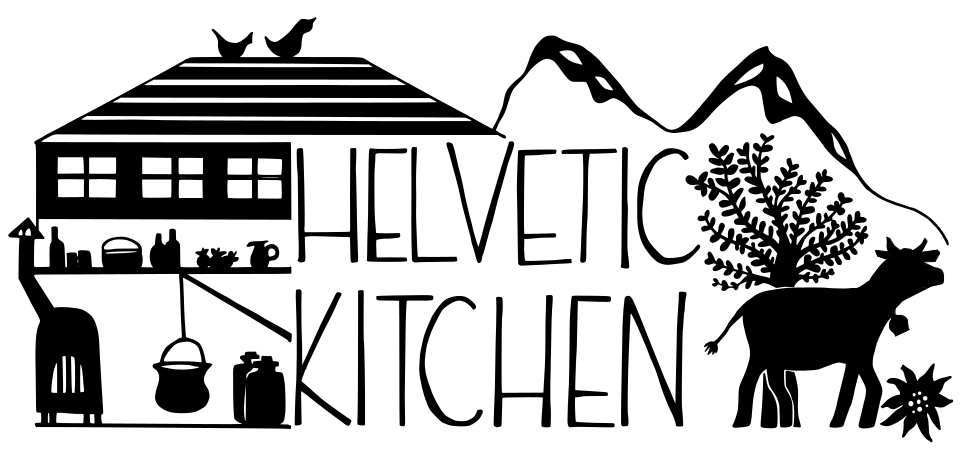Jeremias Gotthelf
Jeremias Gotthelf, son of the Emmental, remains one of Switzerland’s most notable writers and a mainstay of German literature.
Born Albert Bitzius in 1797, Gotthelf’s family soon moved from his birthplace of Murten to a town in the Emmental, Utzenstorf. His father was a pastor, and Gotthelf followed in his footsteps, studying first literature, then theology in Bern (his own children would eventually do the same, his son also becoming a pastor and his daughters each marrying one).
Gotthelf returned to the Emmental, to Lützelflüh, where he raised his family and spent his professional life as a pastor, journalist and eventually a writer. His first novel was published when he was forty years old and bore the title Bauernspiegel—die Lebensgeschichte des Jeremias Gotthelf von ihm selbst erzählt, which introduces his pseudonym, Gotthelf.
From this very first work, it was clear that Gotthelf intended to push back against the romanticized literature of the time. Instead, he attempted to capture the life of Emmental villages and farms faithfully, leaving in the harsh realities of life and sometimes writing in the local dialect.
My first foray into Gotthelf was through his most famous work Die schwarze Spinne, which I read, abridged, in a German class. It is a first-rate moral tale, and a legit horror story, spoiler about a pact with the devil and woman who grows a giant boil on her face, only to have it explode, with thousands of spiders spilling out.
For my abridged re-telling, see here.
If you speak or are learning German, Sommer’s Weltliteratur to go is an excellent YouTube channel featuring world literature explained with Lego.
Here is Gotthelf’s Black Spider:
Today, Gotthelf is still studied in school, and also remembered through the beautiful black and white movies that were made after his books like Ueli der Knecht and Ueli der Pachter.
Although he fought against the blind romaticism of country life, his name (at least in the Emmental) has become synonymous with a wholesome nostalgia for the past. Regional bakeries still make bread bearing his name, Gotthelfbrot, and dairies sell Gotthelf cheeses. There is a yearly Gotthelf market in Sumiswald, and Lützelflüh has a museum dedicated to his life.
And check out my post for Gotthelftorte, below, a chocolate cake from Gotthelf’s daughter’s recipe book, and a favourite birthday cake in the clergy house in Lützelflüh.
Gotthelf’s chocolate cake
Gotthelftorte






